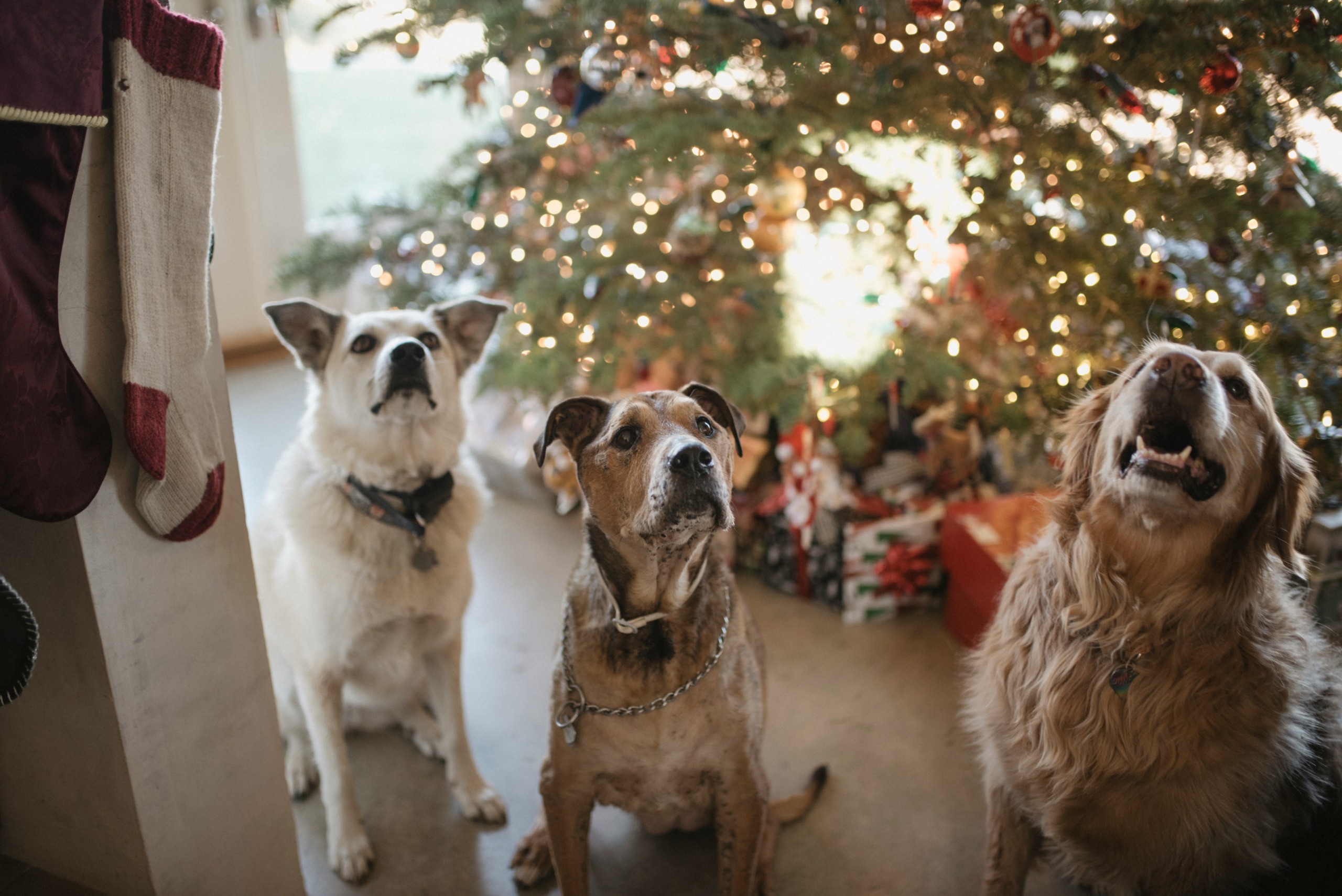What You Need to Know About Pancreatitis in Dogs

DogFoodAdvisor is reader supported See how
Dog Food Advisor is 100% impartial and is never paid to promote any brand. But if you buy using links on this page, we may earn a referral fee.
While the day after holidays like Thanksgiving and Christmas are two of the busiest days of the year for emergency visits to veterinarians due to dogs experiencing acute pancreatitis after eating too many fatty foods, it’s not always a one-off problem. There are many dogs who consistently deal with what’s referred to as chronic pancreatitis.
To better understand this disease, we reached out to esteemed veterinarians Dr. Karen Becker and Dr. Barbara Royal who have teamed up with 5-star-rated dog food Raised Right to create recipes formulated specifically for pancreatic support (you can see our review here).
We asked the doctors some of the most important questions regarding this disease so you can learn more about spotting the symptoms and how to treat pancreatitis, not just during the holiday season but all year round.
What is Pancreatitis in Dogs?
Pancreatitis causes swelling and inflammation of the pancreas. There are two types of pancreatitis —some dogs may have a case of acute pancreatitis and some may have chronic pancreatitis.
Acute pancreatitis is usually more severe and can come on suddenly. The symptoms of acute pancreatitis typically go away with treatment, whereas dogs with chronic pancreatitis frequently have symptoms that need to be managed on an ongoing basis.
“The pancreas is a vital organ that’s responsible for a variety of roles in the body, such as producing digestive enzymes and insulin, so it must function well,” says veterinarian Dr. Karen Becker.
What are the Signs of Pancreatitis in Dogs?
“For acute pancreatitis, the signs are very noticeable and require quick treatment,” says veterinarian Dr. Barbara Royal.
“Many dogs vomit repeatedly, which sometimes happens over the course of a few hours and in some cases throughout several days. The situation often requires hospitalization and intravenous medication and fluids. This is because the pancreas is so inflamed that the digestive enzymes that should be released into the small intestine leak into surrounding tissues and start to digest and cause damage to not only the pancreas itself, but also to the intestines, gall bladder, bile duct and liver.”
Other common signs include abdominal pain, diarrhea, dehydration, decreased appetite, and lethargy.
Dogs with chronic pancreatitis can experience the same symptoms, but they’re typically not as severe. With that said, dogs who battle chronic pancreatitis can suddenly develop serious symptoms, so make sure you keep an eye on them.
 Pancreatitis“>
Pancreatitis“>
What Causes Pancreatitis in Dogs?
While it can be hard to find the cause of pancreatitis in some dogs, there are cases where it’s easy to determine. If your dog got into the garbage and ingested some table scraps that are high in fat this would be the likely cause of an episode of acute pancreatitis.
“High blood levels of triglycerides are associated with pancreatitis, so dogs who are consistently consuming high amounts of poor quality, rendered fat in their diet are more at risk,” says Dr. Becker.
“Some dogs with chronic pancreatitis also have pre-existing medical conditions such as diabetes, obesity, hypothyroidism, and immune-mediated diseases.”
How to Treat Pancreatitis in Dogs
About two in three dogs that have pancreatitis fall into the chronic pancreatitis category and diet is crucial for managing symptoms.
Since higher-fat diets are linked to pancreatitis, dogs with chronic pancreatitis should be on low-fat dog food. Additionally, you need to ensure they aren’t given any high-fat treats or table scraps that are high in fat.
Dogs with severe symptoms will be treated with intravenous fluid therapy, appetite stimulants, and medications that prevent vomiting.
“Pancreatitis is rooted in inflammation,” adds Dr. Royal. “Patients can noticeably benefit from a fresh anti-inflammatory diet that’s balanced, with excellent nutrients, healthy fats in restricted amounts, and plenty of antioxidants to help decrease overall inflammation in the body.
“As with any of the ‘-itis’ conditions, we’re concerned with minimizing inflammation throughout the body, while providing a digestible and balanced recovery food that offers the body the best chance to heal.”
Why do Dogs with Pancreatitis Need Low-fat Dog Food?
Since the pancreas’s major role is to produce digestive enzymes, the goal is to reduce the amount of work it needs to do, as this gives it time to heal. Eating high amounts of fat increases the digestive workload for the pancreas, which is why dogs with pancreatitis should be on a low-fat diet.
Dr. Becker advises that while your dog’s food should be low in fat, their body still needs a small amount of healthy fat to function properly.
“Their food needs to have a variety of required fatty acids to help manage inflammation and facilitate tissue repair. It’s important that the diet is well-balanced through quality, minimally processed fats coming from ingredients like human-grade meats, extra virgin olive oil, and cod liver oil.”
Final word
The Dog Food Advisor does not accept money, gifts, samples or other incentives in exchange for special consideration in preparing our reviews.
However, we do receive a referral fee from online retailers (like Chewy or Amazon) and from sellers of perishable pet food when readers click over to their websites from ours. This helps cover the cost of operation of our free blog. Thanks for your support.
For more information, please visit our Disclaimer and Disclosure page.



